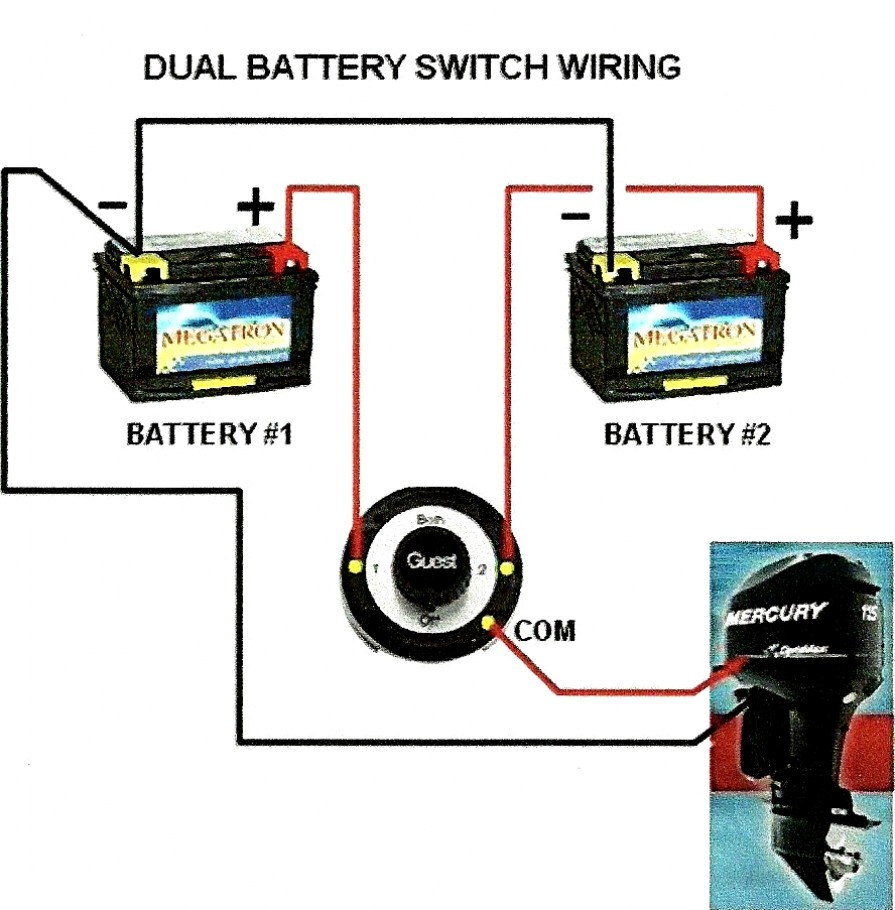Boat Engine Cut Off Switches: Essential Safety on the Water
Ever found yourself daydreaming about the perfect day on the water? Sun glistening, wind in your hair, the gentle hum of the engine… But wait, what happens in an emergency? A sudden wave, an unexpected maneuver, or someone falling overboard? This is where the often-overlooked but crucial boat engine cut off switch comes into play. It’s the small but mighty safety feature that can prevent tragedy and protect lives.
Imagine this: a boater is thrown overboard. Without an engine cutoff switch (ECOS), the boat could continue on its course, potentially injuring or even worse, running over the person in the water. A properly installed and utilized engine cut off switch can immediately stop the engine, giving you precious time to react and retrieve the person safely. This seemingly simple device transforms from a small red button to a lifesaver in an instant.
Understanding the importance of an engine cut off switch goes hand-in-hand with responsible boating. This small device acts as the ultimate safety net, offering immediate engine shutdown in emergencies. Whether you’re a seasoned captain or a weekend warrior, having an engine cut off switch installed and knowing how to use it is paramount for everyone onboard.
Engine cut off switches have a relatively recent history, becoming increasingly common in the late 20th century as boating safety regulations evolved. Their widespread adoption has significantly reduced boating accidents and fatalities, demonstrating their effectiveness in preventing runaway boats. Initially, these switches were primarily found on larger vessels, but their importance quickly became recognized across all boat types, from small fishing boats to large yachts.
The primary issue related to engine cut-off switches isn't their function, but rather their consistent and correct use. Many accidents still occur because the ECOS lanyard isn’t attached to the operator, rendering the switch useless. Education and awareness regarding proper usage are crucial for maximizing the effectiveness of these devices. Remembering to connect the lanyard every single time you operate the boat is the single most important factor in ensuring its life-saving potential.
An engine cut off switch, also known as an emergency stop switch or kill switch, is a safety device designed to shut down a boat's engine instantly in emergency situations. It's usually a red button or switch connected to a lanyard that attaches to the boat operator. If the operator falls overboard or is otherwise separated from the helm, the lanyard pulls out the switch, cutting off the engine.
Benefits of Engine Cut Off Switches:
1. Preventing Runaway Boats: The primary benefit is the prevention of uncontrolled boats. For example, if the operator is thrown from the helm, the engine stops immediately.
2. Enhanced Safety for People Overboard: A stopped engine eliminates the risk of the boat circling back and striking the person who has fallen overboard.
3. Reduced Risk of Collisions: In case of an operator incapacitation, the engine cut-off switch prevents the boat from continuing on its course and potentially colliding with other vessels or objects.
Action Plan for Engine Cut Off Switch Use: 1. Install an ECOS: If your boat doesn’t have one, get a qualified marine technician to install it. 2. Attach the Lanyard: Before starting the engine, always attach the lanyard to your wrist, life jacket, or clothing. 3. Test the Switch: Regularly test the switch to ensure it's functioning correctly. 4. Educate Passengers: Explain the importance and function of the ECOS to all passengers.
Checklist:
- Is the ECOS installed correctly?
- Is the lanyard in good condition?
- Do you know how to use the ECOS?
- Have you educated your passengers?
Best Practices:
1. Always attach the lanyard.
2. Inspect the lanyard regularly for wear and tear.
3. Replace a damaged lanyard immediately.
4. Educate everyone on board about the switch.
5. Regularly test the switch's functionality.Advantages and Disadvantages
| Advantages | Disadvantages |
|---|---|
| Increases safety | Can be inconvenient |
| Prevents accidents | Requires consistent use |
FAQs
What types of boats require an ECOS?
Is it legally required to use an ECOS?
How do I install an ECOS?
Where should I attach the lanyard?
What happens if the ECOS malfunctions?
How do I test the ECOS?
Where can I buy an ECOS?
Can I install an ECOS myself?Tips and Tricks: Consider using a wireless engine cutoff switch for added convenience and mobility. These systems use a fob worn by the operator and automatically shut off the engine if the fob is submerged or goes out of range.
In conclusion, the engine cut off switch is an indispensable safety feature for every boat. It’s a simple yet effective device that can prevent accidents and save lives. Understanding its importance, ensuring proper installation, and consistently using it should be a priority for every boater. From preventing runaway boats to enhancing the safety of those onboard, the benefits of having a functioning engine cut-off switch are undeniable. Make it a habit, make it a routine, and make boating safer for everyone. Take the time to inspect your equipment, educate your passengers, and commit to using your engine cut off switch every time you're on the water. Your safety and the safety of those onboard depend on it.
Benjamin moore paint in sandy utah your guide to perfect colors
Tucker carlson family photos a glimpse into their lives
Banish leg spots your guide to clearer skin












